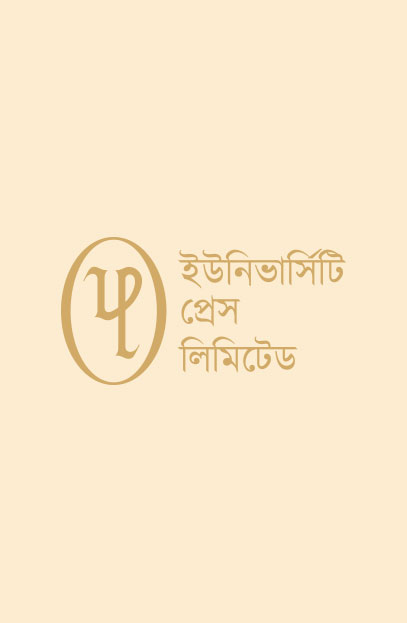
- Shop
- Livelihood Diversification and Landlessness in Rural Bangladesh
Livelihood Diversification and Landlessness in Rural Bangladesh
https://uplbooks.com/shop/984051783x-livelihood-diversification-and-landlessness-in-rural-bangladesh-6656 https://uplbooks.com/web/image/product.template/6656/image_1920?unique=3e0f130
| Language: English |
Tags :
Book Info
This book explores how the landless poor, excluded from land-based agricultural development, can open up an opportunity to get out of poverty in the rural economy. The book identifies a gap between the growth and poverty-reduction dimensions of non-land-based rural development. The former is directed towards the non-poor; the latter is open to the landless poor. The poverty-reduction dimension is effective in reducing poverty but is not sufficient to help the landless escape from poverty. It is therefore necessary to bridge the gap and guide the remaining poor to the threshold of growth dimension. This transitional process is interpreted as livelihood diversification from survival to accumulation. It is an attempt to provide a new viewpoint for the livelihoods framework in which livelihood diversification has been analysed as a process for survival or accumulation. As an instrument of the bridging strategy, the book proposes the creation of a sponsored non-farm sector in the rural economy, or the creation of a partnership enterprise by landless producers and a sponsor, through a sub-contract. This theoretical concept is examined empirically through three income-generating programmes implemented for the landless poor by a Bangladesh NGO. The programmes in poultry rearing, pond fishery and silk production are described as partnership enterprises, in which the NGO is the sponsor, and programme participants are partner producers. An analysis of primary data collected in north-western Bangladesh clarifies the role which the sponsored non-farm sector plays in diversifying the livelihoods of the landless poor for upward mobility.

Rie Makita
Rie Makita, a Japanese citizen, has been a researcher or consultant for a number of studies conducted by the Japan International Cooperation Agency, the Japan Bank for International Development and various Japanese ministries. Her policy research and advisory work has focused on rural development and sustainable livelihoods in Asia and Africa, including Bangladesh. She received an MPS in agriculture from Cornell University and a PhD in Geographical Science from the Australian National University. Dr. Makita is currently a visiting research fellow in the Centre for Asia Pacific Social Transformation Studies at the University of Wollongong, Australia.


